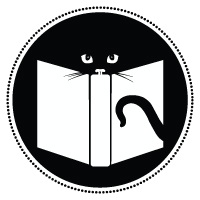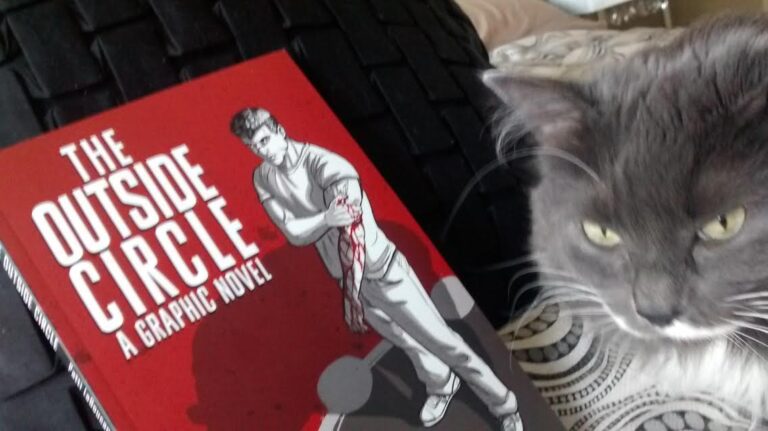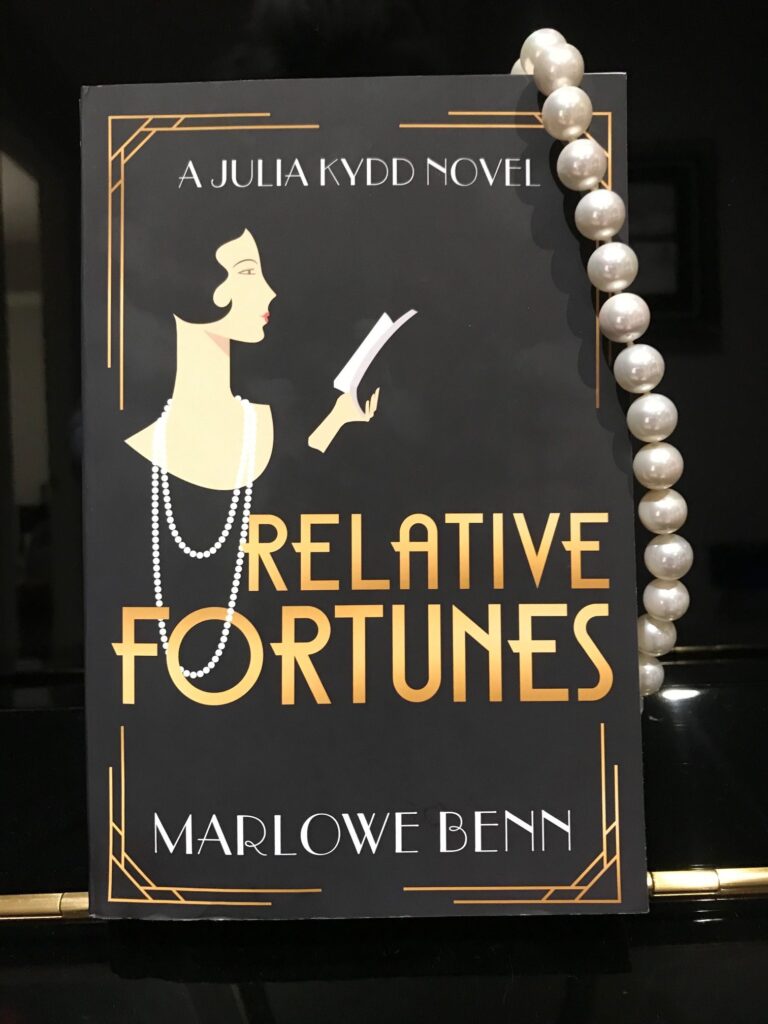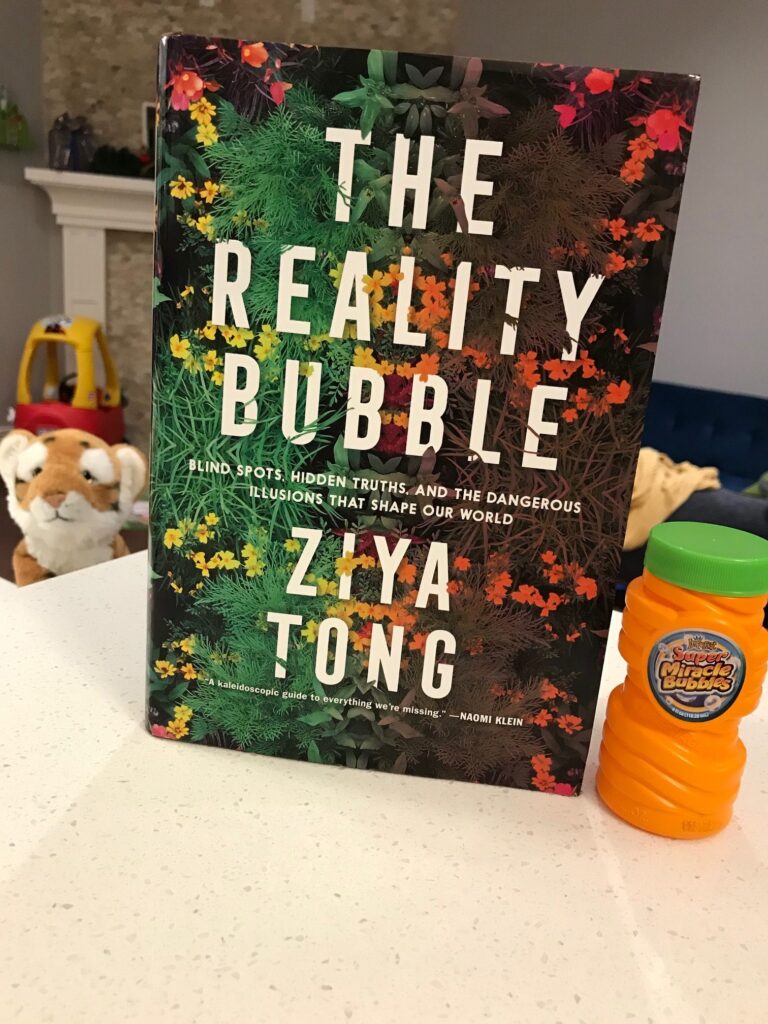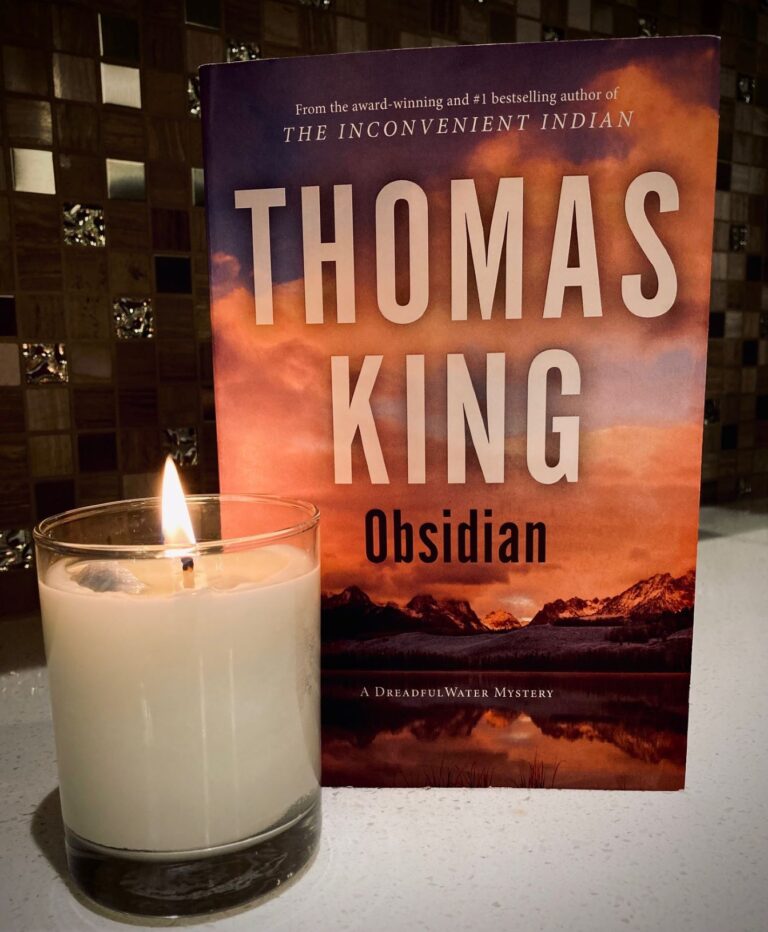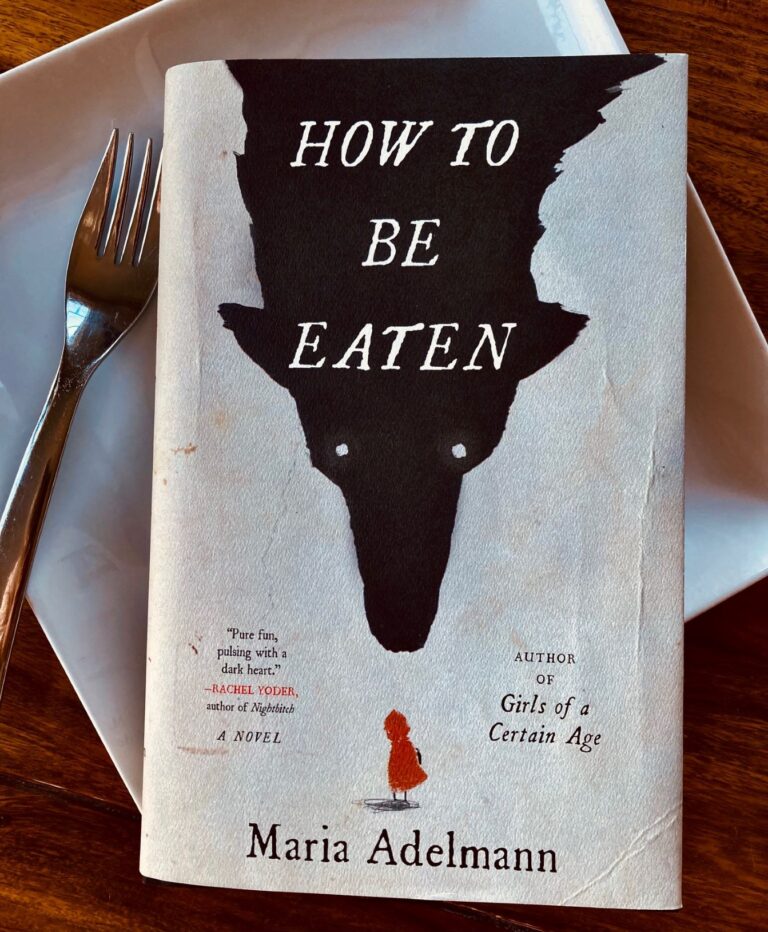Book Review: California by Edan Lepucki

Does anyone else have a sneaking suspicion that the world’s population is headed straight for a major disaster, and every day we get closer to the eventual annihilation of our species? No, I don’t really believe that either, but a lot of people do (a lot of them are living in Montana and having bunkers built on their property, according to my inside sources) so dystopian novels such as California have a ready-made audience just itching to get their hands on another person’s theory of how it’s all going to end.
Edan Lepucki doesn’t get too specific. We know that a lot of people have died, but not everyone, and the standard of living declined slowly, rather than in a great ball of hellfire, sweep of a major storm, etc. She alludes to global warming quite often, which creates insane weather patterns that slowly kill people (starting to sound a bit familiar?) and she also alludes to the increasing discrepancy between the rich and the poor, which can do just as much damage in first world society.
So, the book focuses on a young couple, Cal and Frieda, who venture off into the woods of California to start a new life on their own, living off the land. The fact that there is so much forest left, and big enough that they go months without seeing other people, leads the reader to assume that large amounts of people have died, or are simply too afraid to leave the cities, which sound quite terrible and dangerous the way they are described.
Anyway, while living their (somewhat crappy) life off the gird, they come across a community of people who have rules about accepting new people into their space, and their inclusion into the village is put to a vote. However, Frieda has just discovered she is pregnant, and with any children being conspicuously absent from this community, Cal and Frieda are too scared to tell the other villagers their secret, so the suspension builds, etc. The community they’ve stumbled upon is no Eden itself, but it’s significantly better than the life they were leaving on their own, and they both crave some company.
The majority of the story takes place in this new community, leading up to this dilemma of the vote, and whether or not to tell people about the pregnancy. My favourite parts of the storyline were the descriptions of their daily life, and how they got along each day on such limited resources. I couldn’t help but imagine what the poor saps in Canada were struggling with-the communities down in California had fairly mild temperatures to deal with, so I assumed that those in Calgary had died off long ago, or migrated south permanently.
There are a few specific things I like about dystopian novels. The first is learning the reasons of the world’s demise, this is always interesting, and you learn quite a bit about the author’s political leanings just though this one point. But even better than that are the inevitable questions and feelings that these plots raise in the reader. It really makes you imagine your life in a completely different way, and forces you to look at yourself honestly. Would I be strong enough to go on in this new world, or would I have given up once things got hard? Big questions right? I tend to look at these books as a negative fantasy, but when I finish reading one, I usually gain a better appreciation for the life I currently live, and the world I’m lucky enough to be a part of. So, in that sense it is a positive exercise to read a book like California, because you’ll be glad it’s fiction when you put it down.

